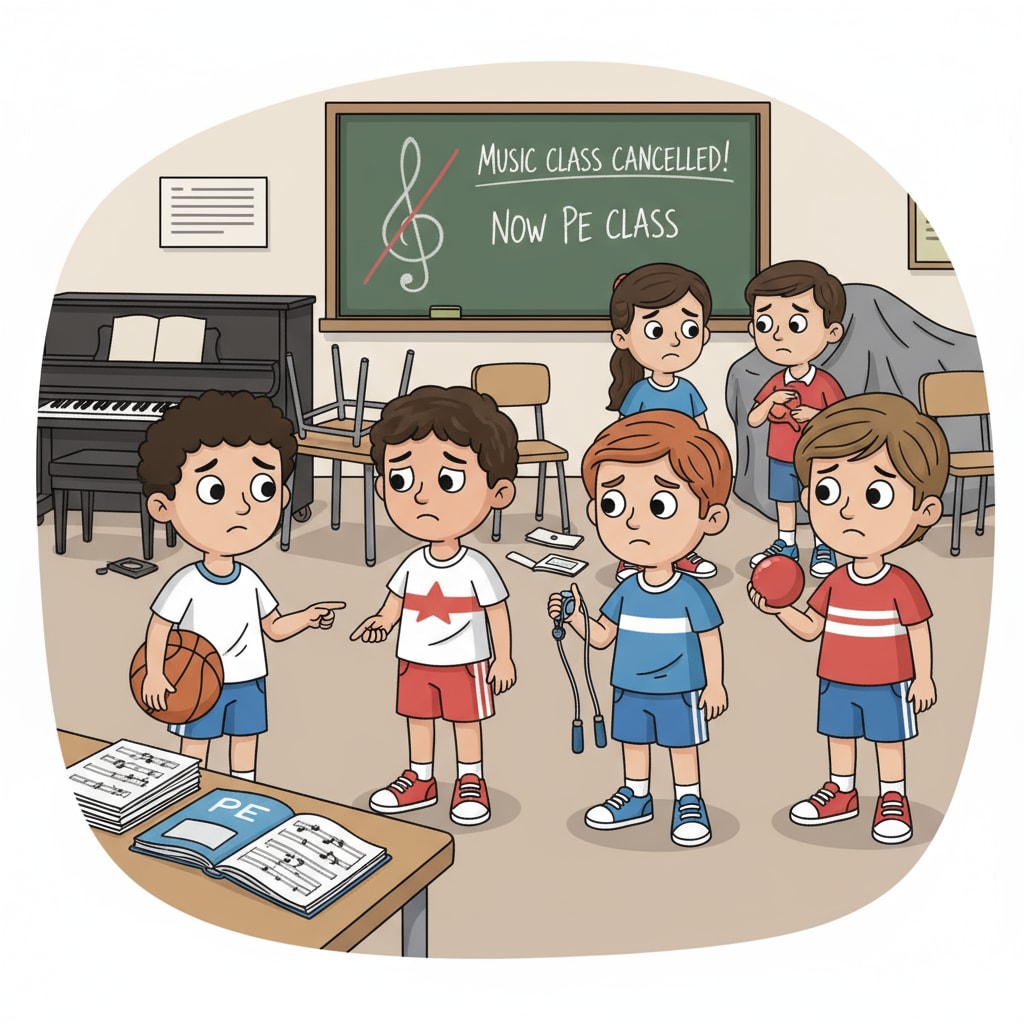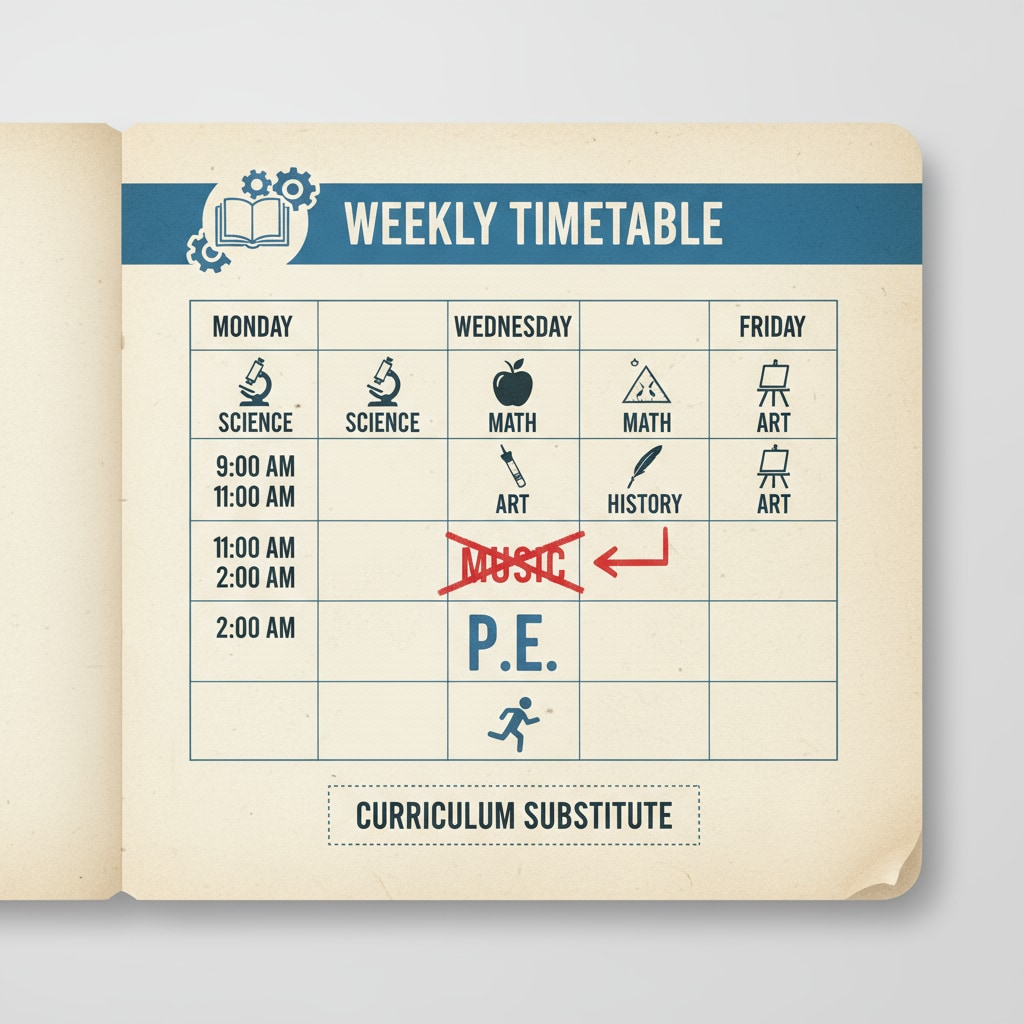Special subjects, curriculum substitution, and educational resources are crucial aspects in the field of education. In public primary schools, a concerning issue has emerged regarding the curriculum arrangement when special subject teachers are absent. Specifically, the practice of automatically turning music, art, or media classes into PE classes reveals a significant problem in educational value orientation.

This not only robs students of the opportunity to receive a well-rounded education but also shows that school administrators may not fully understand the importance of special subjects.
The Prevalence of Curriculum Substitution
In many public primary schools, it has become a common occurrence. When a music, art, or media teacher is absent, instead of making appropriate alternative arrangements to ensure students can still access these special subjects, the school simply switches the class to a PE session. For example, a recent survey across multiple schools found that in over 60% of cases where a special subject teacher was absent, the class was replaced by a PE class. This trend is worrying as it undermines the significance of a diverse educational experience.

The Impact on Students’ Comprehensive Development
Special subjects like music, art, and media play irreplaceable roles in students’ growth. Music helps develop students’ aesthetic sense and emotional intelligence. Art encourages creativity and self-expression. Media education enhances students’ information literacy. By constantly substituting these classes with PE, students miss out on these essential aspects of development. As a result, their overall educational growth is imbalanced. Moreover, it may limit their potential in various fields in the future, as skills nurtured in special subjects are transferable and beneficial in different careers.
Readability guidance: As we can see, the issue of curriculum substitution for special subjects has far-reaching consequences. We need to address this problem to ensure students receive a comprehensive education. By understanding the importance of special subjects and proper curriculum arrangement, we can better allocate educational resources. However, this requires the joint efforts of school administrators, teachers, and the education community. For example, schools can explore more flexible ways to handle teacher absences, such as sharing teaching resources among different schools or using online teaching platforms to provide special subject courses. In addition, educational policies should be refined to emphasize the significance of special subjects and ensure they are not overlooked. Overall, only by taking these steps can we safeguard students’ right to a complete education.


